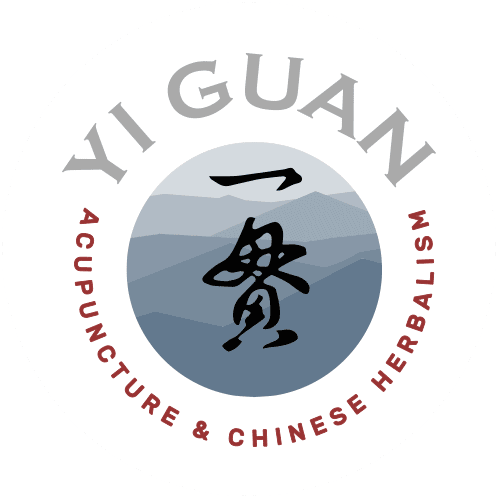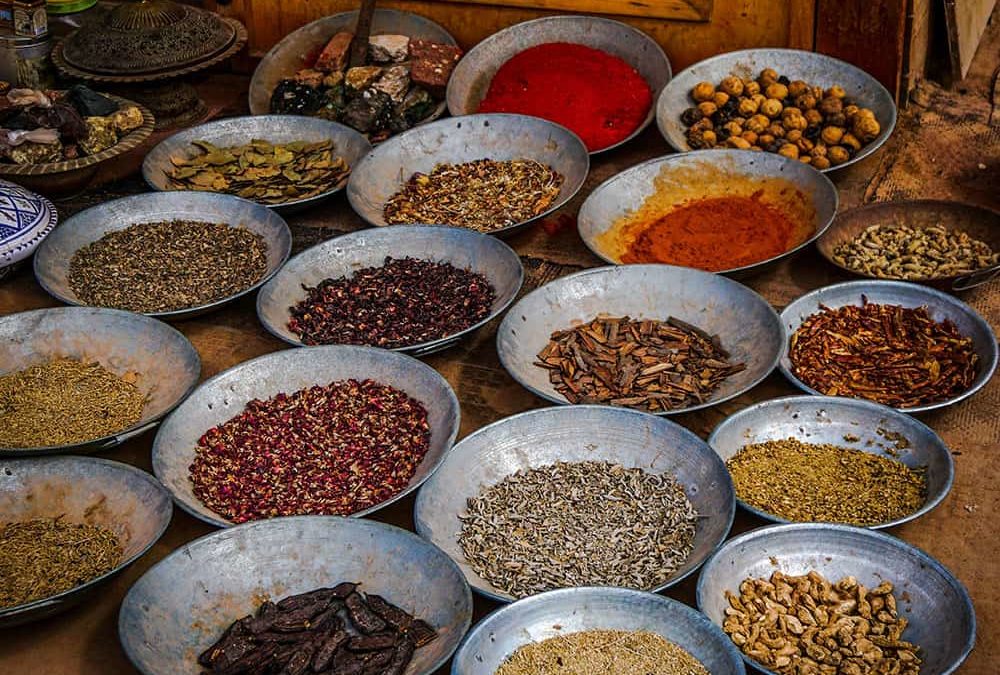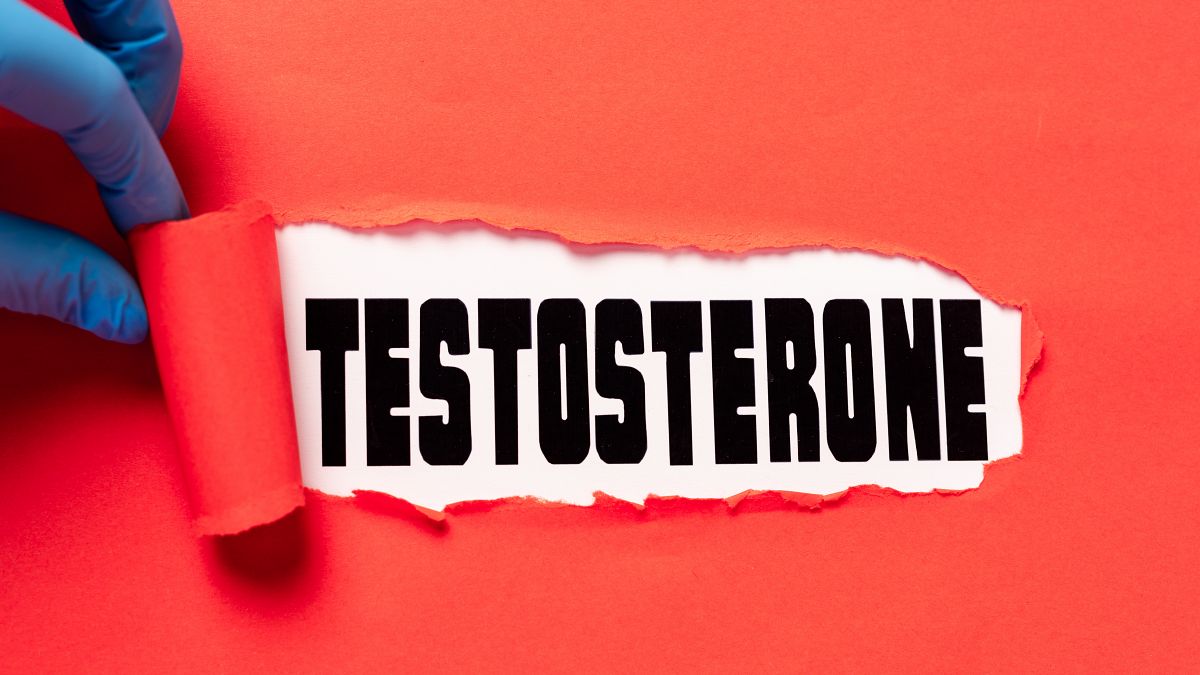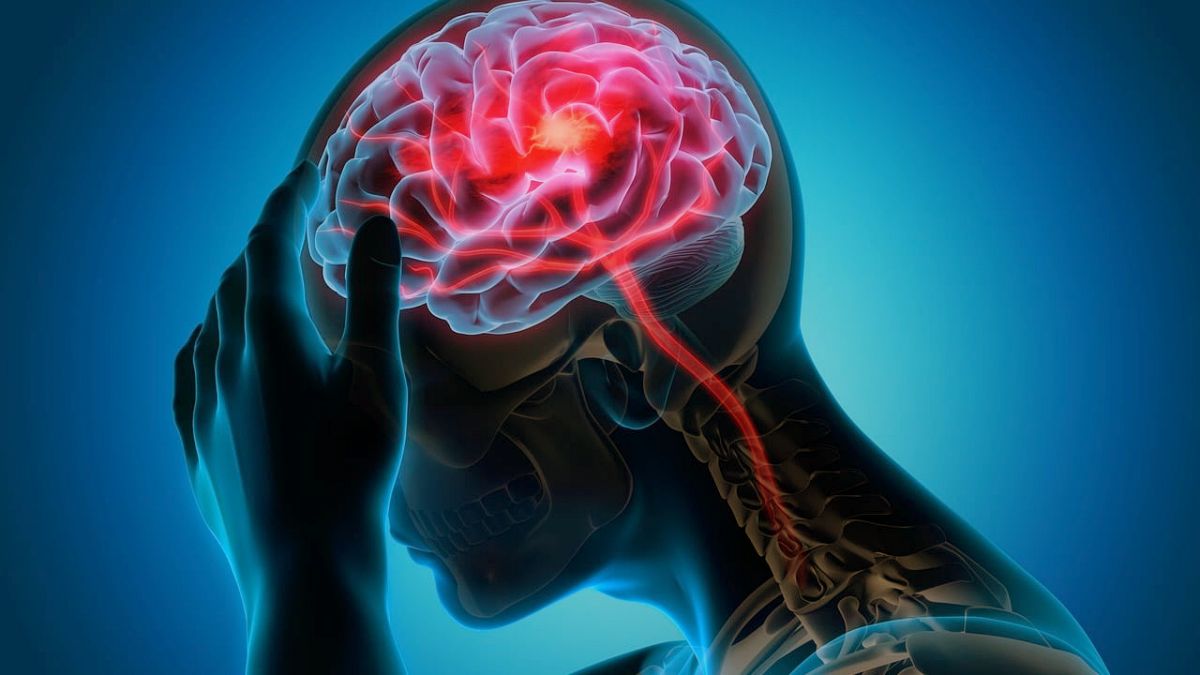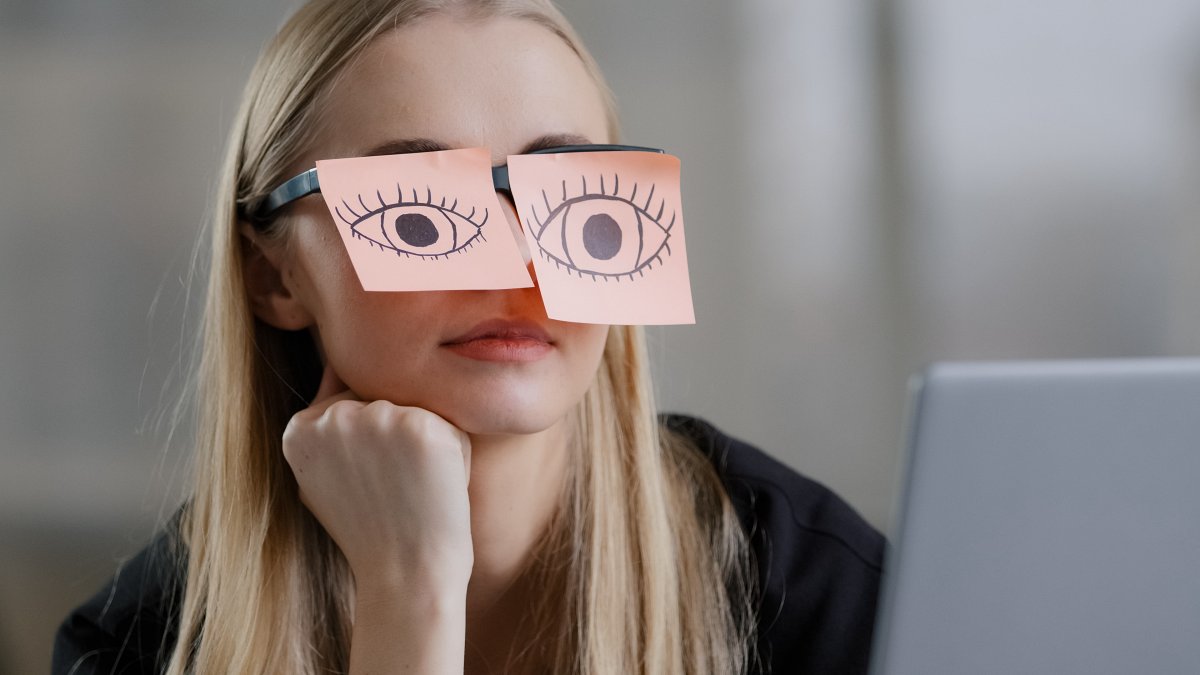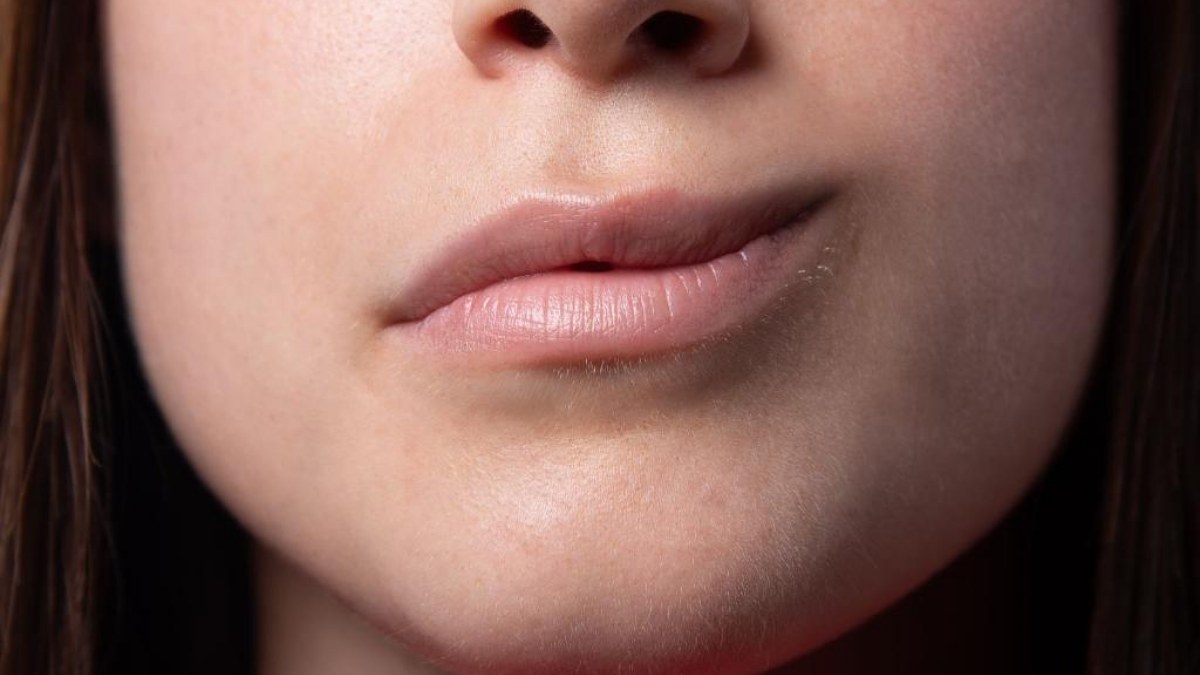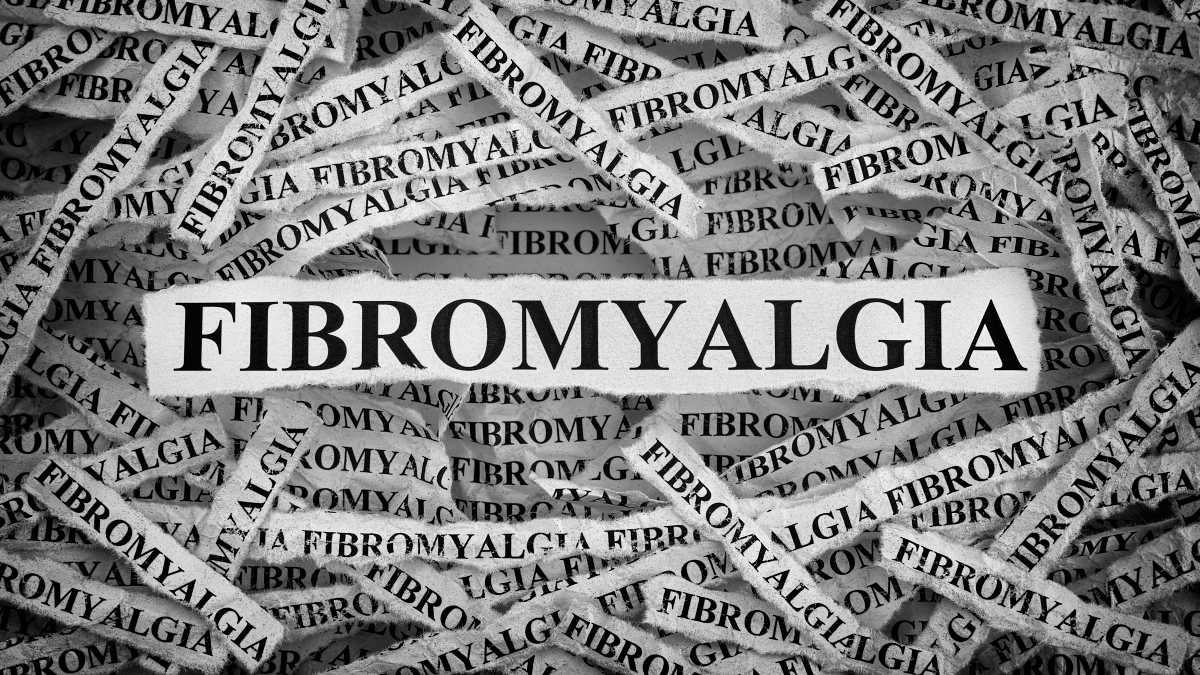What is in Chinese Herbal Remedies?
We get this question a lot: “What’s in this Chinese herbs formula?” This a very common and very fair question I get when prescribing people herbal formulas. I suppose I can tell them the different herbs that are in there, but I think for the most part, that’s not what the modern Western patient means when they ask that question.
We Know Herbs Work, But Some Questions Remain
People are used to using Western pharmaceuticals and being told exactly how much of which biochemical compounds are in each dose. But when it comes to biochemically active substances in herbal remedies, the complete answer is not known. A lot of work is being put into finding out the active chemicals in each of these herbs. But this is a newer scientific endeavor, and as it stands currently, a lot of questions remain unanswered.
The Proof is in the Clinical Outcomes
Understandably in the pre-modern age, this project could not even begin to be attempted. And over the centuries of knowing that these formulas worked, it became less and less important how they worked from a modern Western scientific standpoint. Yes they knew how it worked, but as with many things in Chinese medicine, only in the language of the metaphorical system. This is lackluster to a 21st century pharmacist, though. But, in the grand scheme, how big of a problem is that? Especially if one considers the numerous clinical outcome studies beginning to come out that prove that they do work.
A Millennia of Results
Well, think of it this way: Even if it is eventually possible to determine what substances are in the Chinese herb Ren Shen (also known as ginseng), what each of those substances do, which of them combined with substances in other herbs gives the desired therapeutic effect, and how to isolate these target compounds and create them and properly dose them in a laboratory setting for mass production and distribution … why not forego all of these costly, time-consuming steps and just use the cultivated herb as has been in dramatically effective use for literally millennia?
We Combine the Best of What is Effective
At Yi Guan Acupuncture and Chinese Herbalism, we say: work smarter not harder. Use what works, old or new, East or West. Contact us to schedule an appointment and learn more about how Chinese herbs can help you.
Who is Dr. Perez?
Dr. Dan Perez is both a Western-trained physician and a graduate of the AOMA Graduate School of Integrative Medicine. Based in Austin, Texas, AOMA is recognized as one of the leading schools in Chinese Medicine. Being both an expert in Western medicine and Chinese medicine, Dr. Perez offers his patients natural, minimally invasive and integrative medical options for treating a variety of chronic medical conditions.
